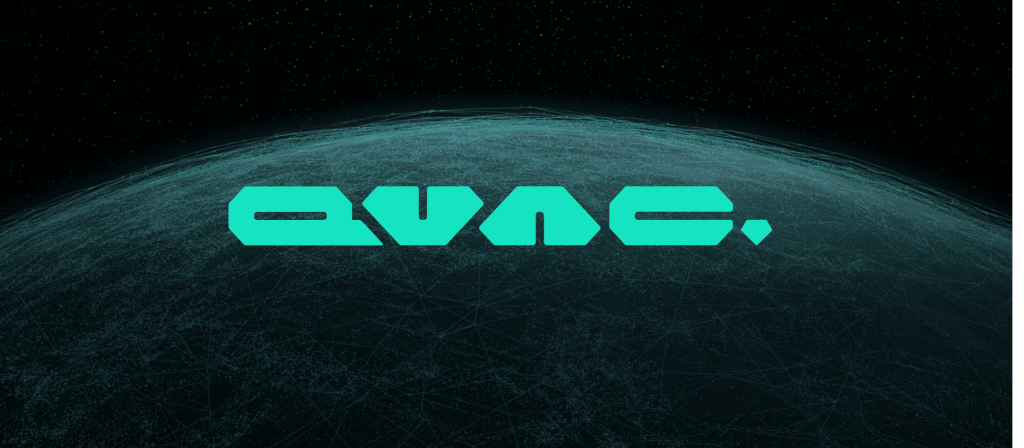Physical Address
304 North Cardinal St.
Dorchester Center, MA 02124
Physical Address
304 North Cardinal St.
Dorchester Center, MA 02124

Tether Data's AI division, QVAC, has released Genesis I, a massive 41 billion token synthetic dataset focused on STEM, alongside a local-first AI app. The move aims to challenge Big Tech's dominance.
Tether’s AI research division, QVAC, announced a major move on Friday designed to challenge Big Tech’s dominance in AI development. The project includes the release of Genesis I, a massive synthetic training dataset containing 41 billion tokens, and the QVAC Workbench, a local-first AI application that runs entirely on a user’s device.
The goal is to democratize access to high-quality training data, a resource often hoarded by large tech corporations.

QVAC Genesis I is the first publicly available synthetic dataset specifically engineered for STEM education content, covering mathematics, physics, biology, and medicine.
Unlike traditional datasets that primarily help models mimic language patterns, Genesis I is focused on teaching AI systems to understand causal relationships and engage in critical thinking. Tether Data created the dataset using a multi-stage generation and validation process, transforming high-quality scientific materials into structured learning data. It has already been rigorously validated against educational and scientific benchmarks, showing superior performance in reasoning and problem-solving in key STEM fields where other public datasets often fail.
“Intelligence should not be centralized,” said Tether CEO Paolo Ardoino. “With QVAC Workbench and Genesis I, we are opening the gates to limitless intelligence, an AI that lives, learns, and evolves locally on your device.”
Ardoino emphasized that this release represents “a future where… knowledge is controlled by the people, not the platforms.”
Released in tandem with the dataset, the QVAC Workbench supports a wide range of AI models, including Llama, Medgemma, Qwen, SmolVLM, and Whisper. It is available across Android, iOS, Windows, macOS, and Linux.
By processing all data locally, the application ensures all user interactions remain completely private. It also offers a unique “Delegated Reasoning” feature, allowing users to connect their mobile devices to a desktop workstation for extra computational power. This platform is aimed at AI enthusiasts, researchers, and power users seeking an alternative to the cloud-based AI services from companies like OpenAI and Google.
This initiative is a key part of the stablecoin giant’s broader diversification strategy. With projected profits of around $15 billion for 2025, Tether has ample resources to fund its tech investments. This AI project builds on its previous releases of open-source wallet developer kits and decentralized communication tools.
With industry analysts predicting that synthetic data will become the primary source for AI training by 2030, Tether’s timing is strategically positioned in the rapidly evolving AI landscape.